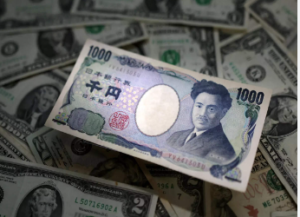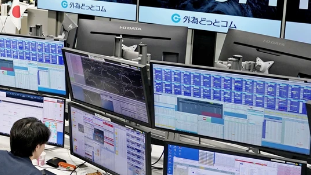The Bank of Japan’s (BoJ) recent decision to raise its short-term policy rate from -0.1% to between 0 and 0.1% has sent shockwaves through global markets, causing a crash in Japanese stocks and a surge in the yen. This move is expected to impact the carry trade, a popular investment strategy.
What is Carry Trade?
Carry trade involves borrowing money in a low-interest-rate currency (like the yen) and investing it in higher-yielding assets, such as foreign currencies, stocks, or commodities. This strategy is used by forex traders, fund managers, and investors to generate profits from interest rate differences.

Impact on Yen and India
The BoJ’s rate hike makes borrowing yen more expensive, reducing traders’ profit margins. Higher interest rates may attract foreign inflows into Japan, strengthening the yen and increasing losses for traders. This could have a ripple effect on emerging markets like India, potentially leading to:
1. Weaker Rupee: A stronger yen could lead to a weaker Indian rupee, making imports more expensive and potentially fueling inflation.
2. Reduced Foreign Investment: Higher interest rates in Japan may divert foreign investment away from India, impacting the country’s economic growth.
Expert Insights
Experts believe the BoJ’s move will have an adverse impact on carry trade, leading to a market correction. The Nikkei’s 12.4% drop and the yen’s surge to 7-month highs versus the dollar reflect the market’s response to the rate hike.





